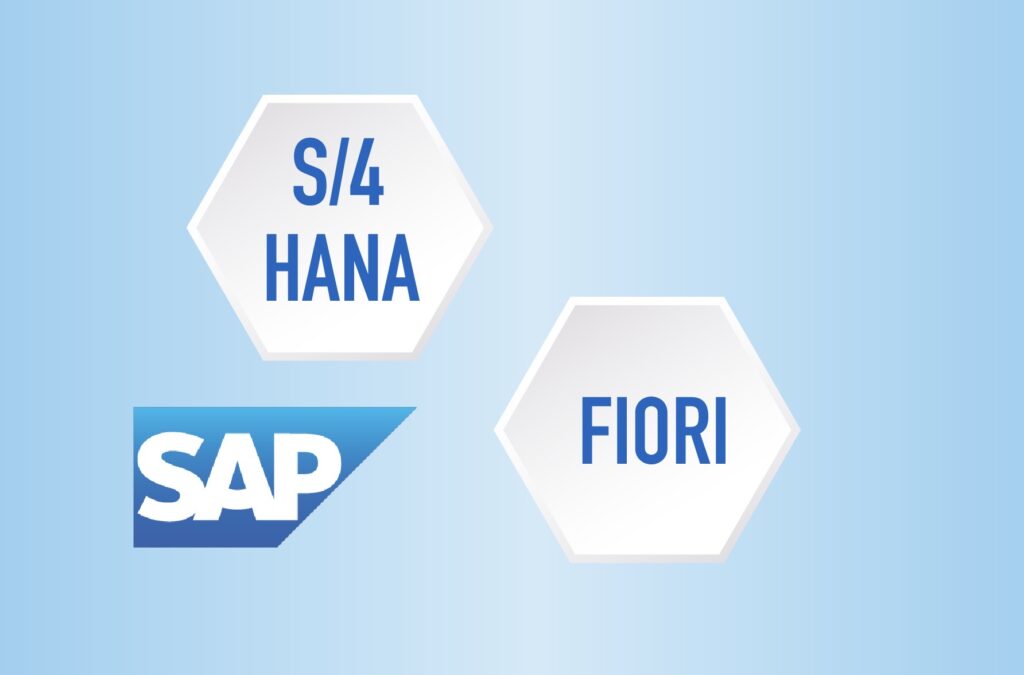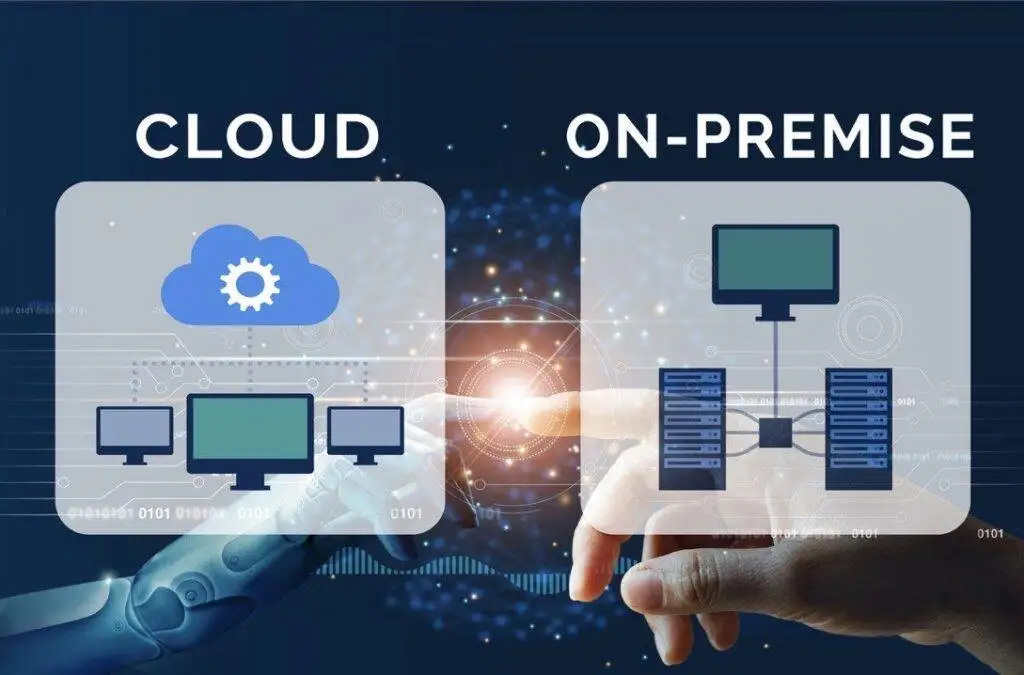Did you know that 75% of ERP implementations fail due to poor partner selection? (Source: computerweekly.com)
This highlights how crucial it is to choose the right ERP consultancy partner for your business.
The ERP consultancy partner you select will guide your project through the complexities of ERP implementation from start to finish. Given the significant investment involved, the right partner will not only execute program governance and configure the ERP system but also bring proven expertise, strategic insights and industry-specific knowledge to navigate the system and tailor it to your unique business needs.
This blog provides a comprehensive checklist to guide you in choosing the most suitable ERP consultancy partner.

Why Need an ERP Consultancy Partner?
ERP systems are pivotal in streamlining various business processes and enabling seamless communication across departments by integrating critical functions such as finance, HR, sales, procurement and supply chain management. However, implementing them is a highly intricate process that involves configuring system architectures, data migration, process automation and aligning workflows with organisational objectives.
Complex system mapping is required to identify dependencies across modules, functionalities, integrations and processes to ensure that data integrity during migration and customising functionalities meet unique business requirements. An ERP consultancy partner bridges the gap between complex technology and business needs. From initial planning to system support, an ERP consultancy partner guides and helps organisations in vendor selection, project management and system integration, reducing risks and enhancing overall project efficiency.
An ERP consultancy partner also ensures compliance with industry standards and regulations. Their role in adapting an ERP system to fit organisational processes is vital.
Another crucial aspect is change management and training. An ERP consultancy partner prepares employees to embrace new systems, minimising resistance and downtime.
The post-implementation support provided by an ERP consultancy partner is key in ensuring that the ERP system remains responsive to evolving business needs. Over time, an ERP consultancy partner helps continuously improve and optimise ERP solutions.
Key Factors to Consider When Choosing an ERP Consultancy Partner
Industry Experience
Industry experience is crucial when choosing an ERP consultancy partner. Look for a partner who understands industry-specific ERP modules (e.g., production planning for manufacturing, supply chain management for retail or financial compliance for banking). Depending on your industry, they should also be familiar with regulatory requirements like GDPR, SOX or HIPAA.
Technical Proficiency
Technical proficiency is another key criterion when selecting a consultancy partner. A partner with strong technical skills ensures smooth system integration and customisation. Evaluate their expertise in specific ERP platforms such as SAP S/4HANA, Salesforce CRM or Odoo, including proficiency in configuring complex modules (e.g., SAP ERP, SAP SuccessFactors HR, SAP SCM or Odoo e-Commerce, Odoo MES etc). They should also be able to demonstrate knowledge of API integration for third-party tools like payment gateways, logistics systems or analytics platforms.

Looking to transform your business with seamless ERP Integration?
Connect with us for a free, no-obligation consultation.
Speak with a Consultant NowTrack Record
Before choosing an ERP consultancy partner, check their past work. Past successes provide insight into a partner’s capabilities and reliability.
Ask the ERP consultancy partner to provide specific examples of their work, say for example, a video presentation or a detailed case study demonstrating how they have successfully implemented an ERP system for a client facing challenges like inventory management, supply chain inefficiencies, financial reporting complexities, manual data entry errors, lack of system integration, poor production planning or scalability issues during business growth.
The example should include details about the client’s pain points, the specific ERP processes, functionalities and best practices deployed. For example, SAP Order to Cash, SAP MM and Logistics for procurement and inventory, SAP PP for production planning and MRP or Odoo Accounting for financial reporting), integration with third-party systems (CRM, HR, e-commerce platforms or IoT devices) and how the implementation resolved challenges such as inaccurate data, delayed order processing or resource mismanagement.
Request insights into how they customised workflows, automated repetitive tasks, implemented real-time reporting dashboards or optimised overall operational efficiency. This will help you evaluate their technical expertise and ability to deliver tailored solutions for complex business needs.
Comprehensive Services
Ensure they provide a full-service suite, including:
- Requirements Analysis: Assessing workflows, data models and business needs.
- System Set up and Customisation: Configuring ERP modules, workflows and user roles to align with organisational requirements.
- Data Migration: Ensuring accurate migration of legacy data with ETL (Extract, Transform, Load) tools.
- System Integration: Linking ERP with CRM, HRIS, Analytics or IoT platforms using integration suites like SAP Cloud Integration or Microsoft Azure and others.
Project Methodology
When selecting an ERP consultancy partner, it is essential to assess their implementation approach. They should be able to tailor their methodology to fit your business needs. A competent ERP consultancy partner should be proficient in industry-standard methodologies such as SAP Activate, Scrum, Kanban, DevOps and traditional Waterfall approaches.
For example, an Agile methodology allows for iterative progress and flexibility, making it ideal for dynamic environments, whereas a Waterfall model provides a structured, sequential approach for projects with fixed requirements. A Hybrid methodology (Agile + Waterfall) on the other hand offers the best of both worlds, balancing flexibility with structured execution.
The ideal implementation approach should be selected based on key factors such as company size, geographical presence, business complexity and regulatory requirements. Additionally, it should incorporate a robust data migration strategy and seamless integration planning to ensure ERP interoperability with existing enterprise systems.
Cost-Effectiveness
When evaluating an ERP consultancy partner, cost-effectiveness is a critical factor to ensure you get the best return on investment (ROI). Check for transparent cost structures, including detailed breakdowns of licensing fees, implementation services, third-party integrations and support/maintenance contracts. Depending on your requirement, compare on-premises ERP costs vs. cloud-based subscription models.
Internal Skill Set
It’s important to consider the expertise of the ERP implementation partner’s team. The partner should have a balanced team with expertise in functional, technical and change management areas.
Functional specialists focus on the unique needs of various business processes, such as finance, manufacturing and supply chain operations, ensuring that the ERP system is tailored to effectively support all critical functions.
Technical specialists handle system configuration, customisations and integrations, ensuring the ERP system operates smoothly and integrates seamlessly with the organisation’s existing tools and platforms.
Change management plays a vital role in ensuring the new ERP system is successfully adopted. An ERP Consultancy Partner guides the transition by training employees, managing resistance to change and ensuring the system is embraced across the organisation. When assessing potential ERP partners, it’s important to inquire about the structure and expertise of their implementation team to ensure they have the right mix of skills for your project’s success.
Cultural and Strategic Fit
Cultural alignment ensures the ERP consultancy partner understands your organisational values, workflows and employee dynamics, allowing them to tailor their approach to fit your company’s unique environment. For instance, a consultancy working with a manufacturing company must adapt to a more structured, operational culture compared to the dynamic environment of a tech startup.
A consultancy partner is a good strategic fit when they understand your vision and align with your business goals. The alignment ensures that the ERP solutions they design address immediate pain points and support long-term scalability, efficiency and innovation. For example, if your business prioritises cloud-based infrastructure, the consultancy should offer expertise in deploying ERP systems like SAP S/4HANA Cloud or Odoo on platforms like AWS or Azure.
Questions to Ask When Choosing the Right ERP Consultancy Partner
Use the following questions to evaluate and select the right ERP consultancy partner for your business.
Why Choose Galvinus


